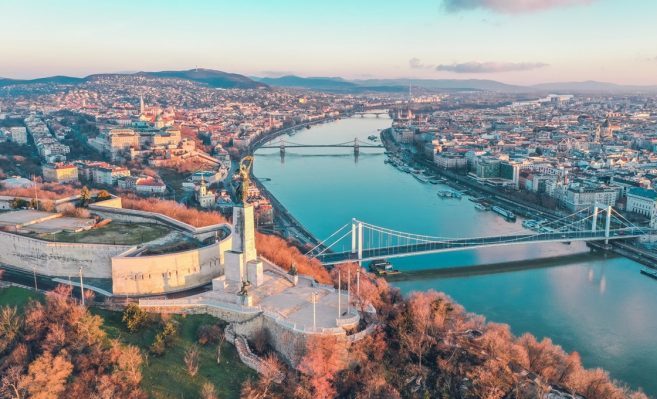- Parts of Budapest first to benefit from the new services
- 5G milestone is the latest in a long partnership between the partners spanning 2G, 3G and 4G
- Groupama Arena in Budapest, Puskás Ferenc stadium in Budapest and ZalaZone vehicle test-track in Zalaegerszeg among the sites to benefit
Magyar Telekom and Ericsson (NASDAQ: ERIC) have launched commercial 5G in Hungary, with initial services live in parts of Budapest and Magyar Telekom’s headquarters in Könyves Kálmán körút.
Magyar Telekom 5G commercial launch is based on 5G-ready products and solutions from Ericsson Radio System.
The live 5G network launch comes just two weeks after Magyar Telekom secured the related 3.5GHz spectrum in Hungary’s spectrum auction on March 26. The network will be accessible to subscribers via 5G-ready devices, enabling them to benefit from the new generation of connectivity.
Tibor Rékasi, CEO, Magyar Telekom, says: “Magyar Telekom has been preparing to launch 5G for a long time after exploring the business opportunities and 5G technology and operating a test network for six months with Ericsson. This enables us to launch commercial service quickly after receiving the frequency license. 5G provides our customers with higher data rates and low latency, as well as connection of many new devices, and 5G will become a platform for new applications and opportunities for both industries and individuals.”
Arun Bansal, President Europe and Latin America, Ericsson, says: “I am incredibly pleased to build on the strong and fruitful partnership we have with Magyar Telekom, who are just as committed to innovation and digitalization as us. As leaders in 5G, we at Ericsson have seen the massive impact it has on innovation, and I’m excited to see what opportunities it will bring to Hungary.”
He adds: “Particularly in times of crisis, mobile networks are even more critical than ever before. We are all relying on them to stay connected and safe, from emergency and health services to family communication. 5G opens possibilities like never before, from remote medical care, instant emergency services, drones delivering supplies, all of which can support society during a pandemic.”



















